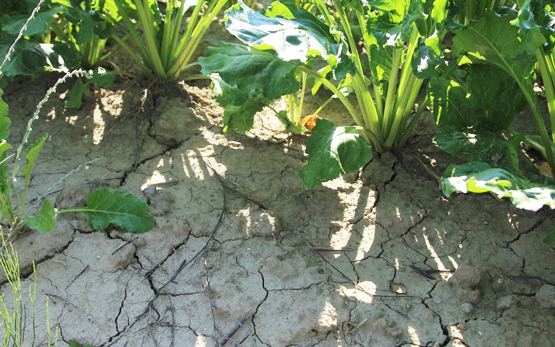An increase in extreme events such as droughts and heavy rainfall aggravate conflicts between agricultural water use and other human and ecological demands on water bodies. Increasing the natural water retention capacity can help to defuse these conflicts and at the same time strengthen climate mitigation, biodiversity and food security. A variety of measures can be taken to increase both water and nutrient retention in agricultural systems. However, there are still large gaps in knowledge about the effectiveness of such measures depending on local biogeoclimatic conditions. Especially with regard to future climatic changes, it is uncertain to what extent they can contribute to an increase in resilience to increasing drought stress. This is the starting point of the H2020 project OPTAIN (OPTimal strategies to retAIN and re-use water and nutrients in small agricultural catchments across different soil-climatic regions in Europe).
The goals of OPTAIN are:
- to identify efficient techniques for the retention and re-use of water and nutrients in small agricultural catchments across continental, pannonic and boreal biogeographic regions in Europe in close cooperation with local stakeholders
- select natural measures to increase water and nutrient retention at farm and catchment area level and optimize their spatial distribution and combination based on environmental and economic sustainability indicators
In this way OPTAIN contributes to the achievement of various sustainability goals (UN SDG's).
As Swiss partner in this project, Agroscope is investigating how existing plant growth models can be improved in their ability to map management influences on the soil water balance. Validated models can then be used to make region-specific statements on how well certain measures are suited to reduce the dependence on irrigation under climate change or to increase the resilience to extreme precipitation events.






